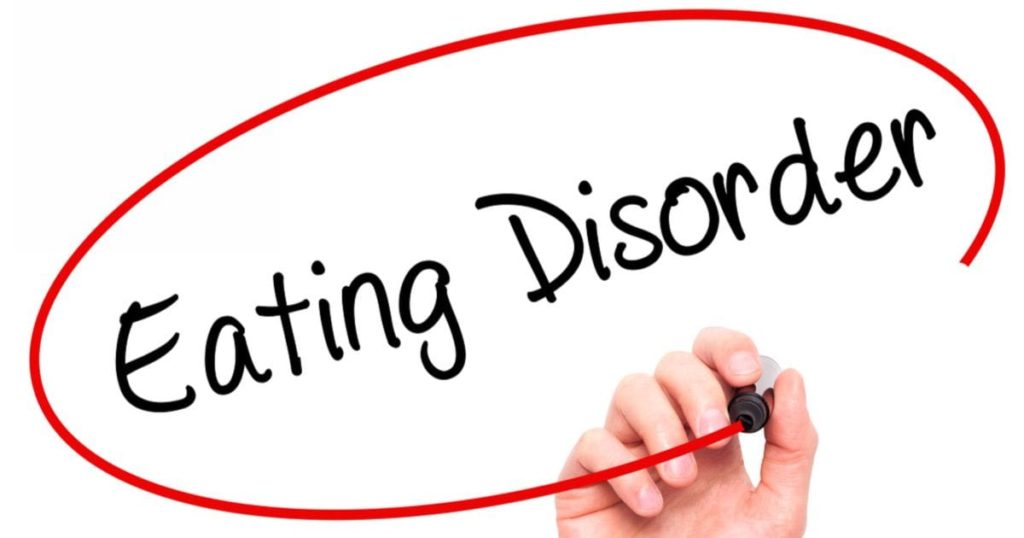New findings from a team of Australian researchers indicate that women with anorexia may continue to experience anxiety even when they gain back weight during the treatment process. Most people diagnosed with the eating disorder anorexia nervosa will experience significant symptoms of anxiety, and many will qualify for a separate diagnosis of a condition classified as an anxiety disorder. In a study review published in April 2015 in the Journal of Eating Disorders, researchers from Australia’s University of Sydney assessed the impact that weight gain—a primary indicator of treatment success in cases of anorexia—has on the anxiety-related symptoms of affected women (and men). These researchers concluded that anorexia-related anxiety symptoms often persist after an affected individual reaches the target weight during treatment.
Anorexia and Anxiety
People with anorexia nervosa have problems that include an unrealistic body image that makes them feel “fat” regardless of their actual weight, a related prominent fear of putting on weight and a body weight that’s 15% or more below the expected norm after accounting for gender, height and age. In line with their unrealistic weight perceptions, individuals with the disorder commonly heavily restrict their food intake and engage in secondary behaviors that can include using laxatives or diuretics to purge calories from the body, participating in excessive amounts of exercise and/or purging food through vomiting like people affected by the eating disorder bulimia nervosa. Serious or severe health issues found in anorexic people include altered electrolyte levels that endanger heart function, kidney malfunction, loss of normal menstruation in girls and women, declining bone mass and increased chances of contemplating suicide, making suicide-oriented plans and/or making a suicide attempt. Girls and women make up roughly 85% to 95% of the anorexia-affected population. Up to 66% of all people with anorexia or any other diagnosable eating disorder have separately diagnosable symptoms of an anxiety disorder. In over 40% of all identified cases, anxiety-related symptoms actually precede eating disorder-related symptoms by a substantial amount of time. Specific anxiety disorders found in individuals with anorexia or other eating disorders include social anxiety disorder (social phobia) and panic disorder. Relevant conditions formerly classified as anxiety disorders include post-traumatic stress disorder (PTSD) and obsessive-compulsive disorder (OCD).
Anorexia Treatment and Weight Gain
The crucial underlying physical factor in anorexia nervosa is a seriously low body weight that compromises body function. For this reason, doctors who treat people with the disorder view restoration of a healthy weight as a top priority. As a rule, change-oriented psychotherapy is an essential part of treatment. Adults often receive cognitive behavioral therapy (CBT), an approach that seeks to identify and alter dysfunctional emotional reactions and thought processes. Teenagers often participate in a psychotherapeutic format known as family-based therapy.
Treatment’s Impact on Anxiety Levels
In the study review published in the Journal of Eating Disorders, the University of Sydney researchers analyzed the results of 12 previous studies that explored the relationship between weight gain during anorexia treatment and ongoing anxiety levels in treatment participants. The researchers focused their analysis on this topic for several reasons, including the potential for anorexia to trigger anxiety-related problems in affected girls/women and boys/men, the extent of anxiety disorders in people with anorexia and the potential for anorexia and anxiety disorders to produce partially overlapping symptoms. The studies under consideration came from the U.S., as well as from other countries including the United Kingdom, France, Italy and Israel. Participants in these studies ranged in average age from a low of 14 to a high of just under 30. In seven of the studies, the researchers linked successful weight gain during anorexia treatment to significant reductions in anxiety levels. In another study, anxiety fell as body weights went up, but the participants still had generally elevated anxiety levels. However, after analyzing the five studies that specifically addressed the connection between restored body weight and anxiety levels, the researchers concluded that there is no identifiable direct link between weight restoration and anxiety. Effectively, this means that while some people in anorexia treatment gain back their weight and some people in anorexia treatment experience a reduced susceptibility to anxiety, one treatment outcome does not depend on the other.

